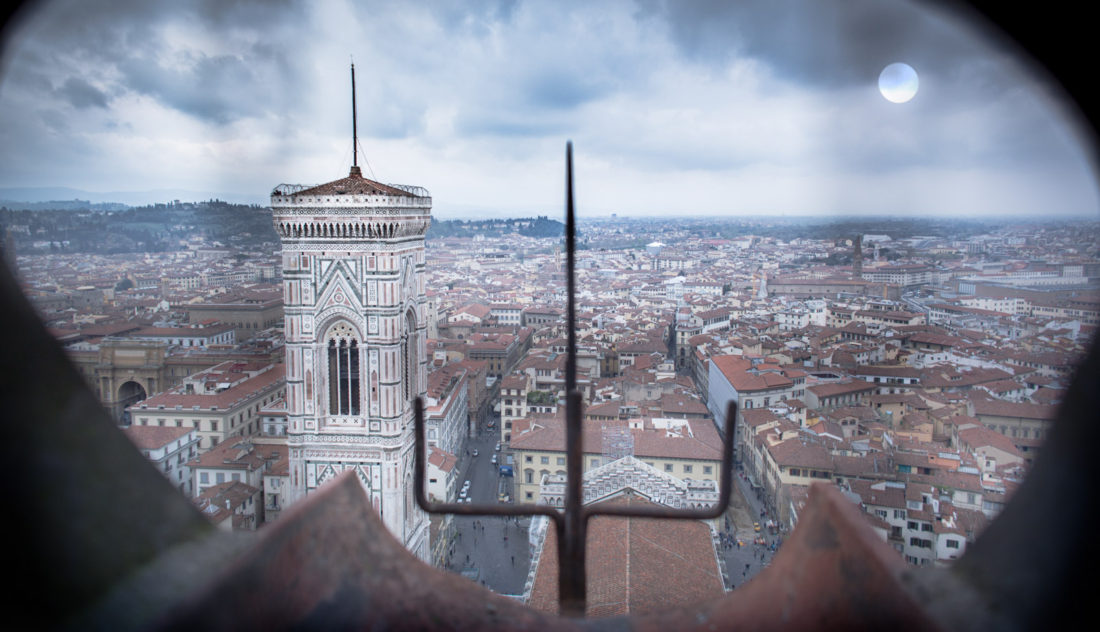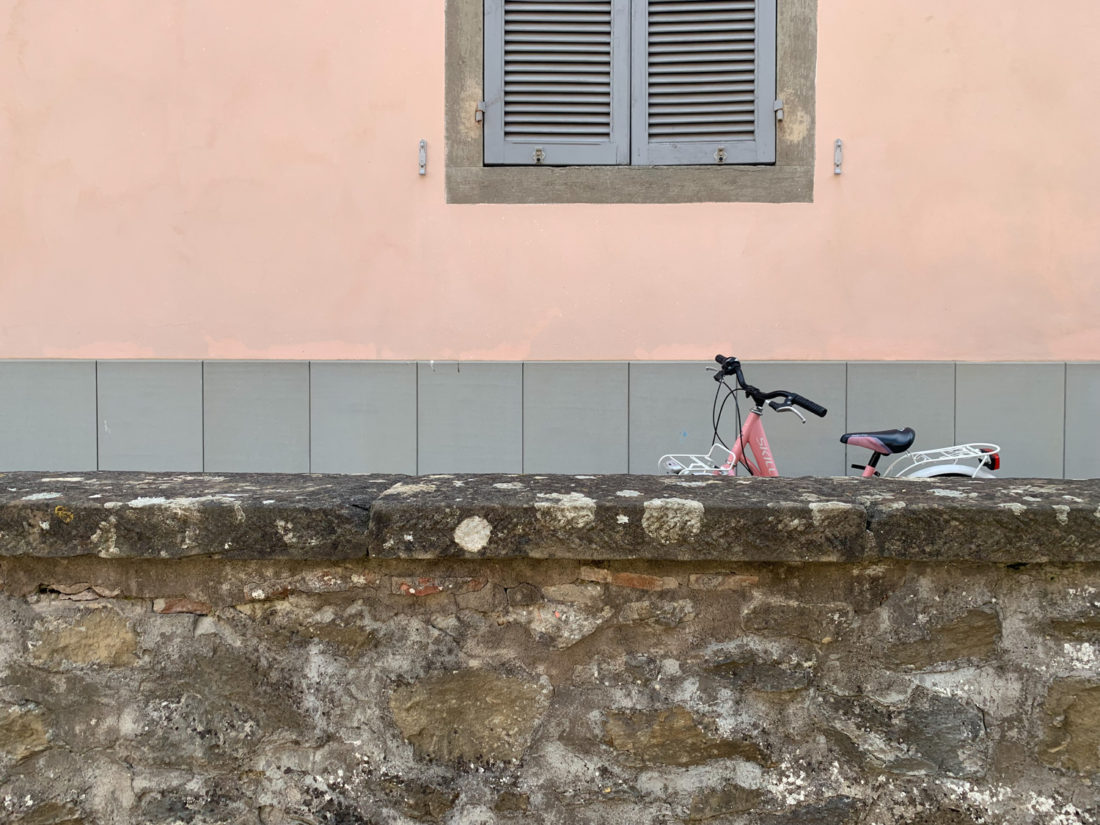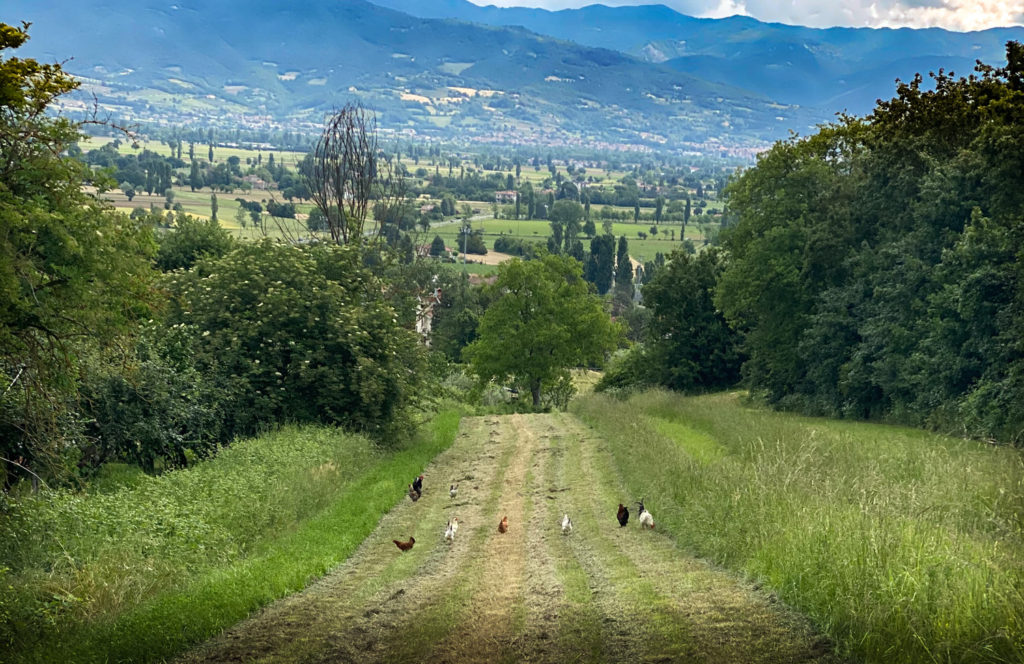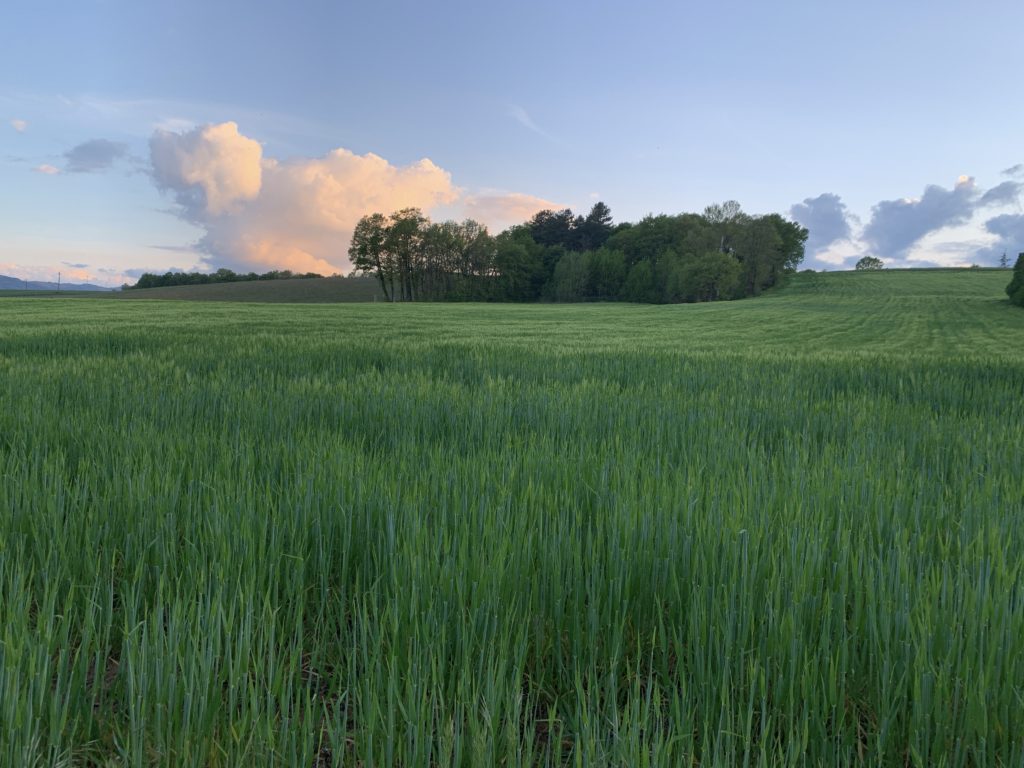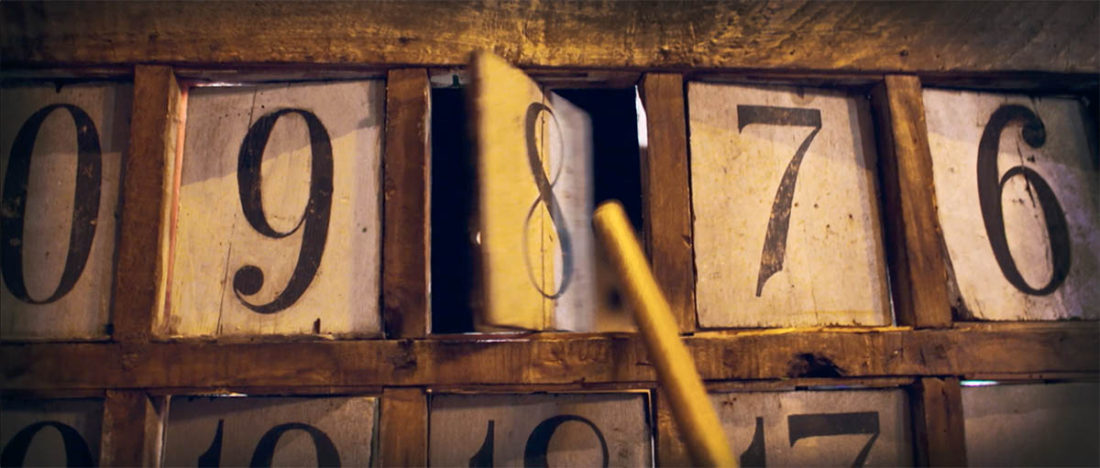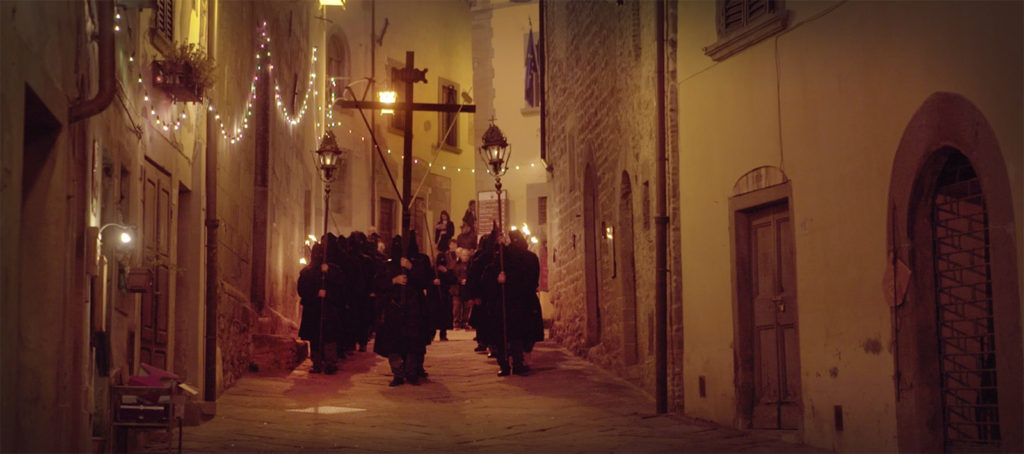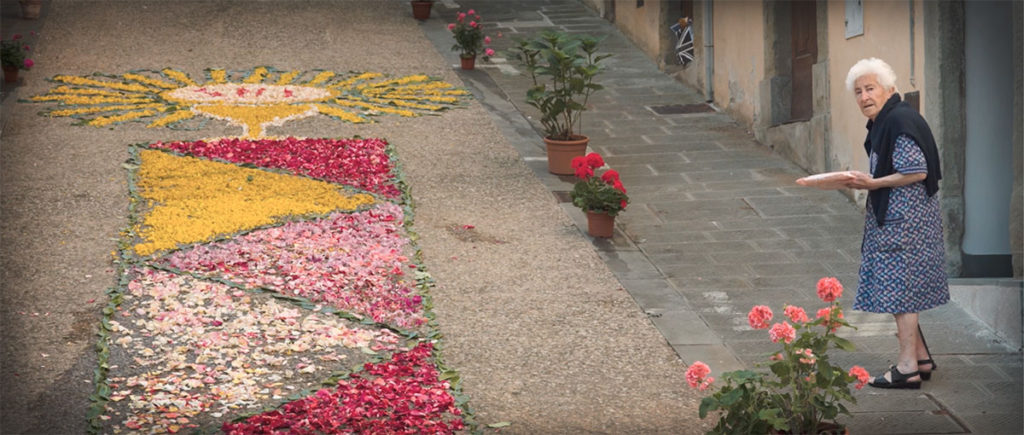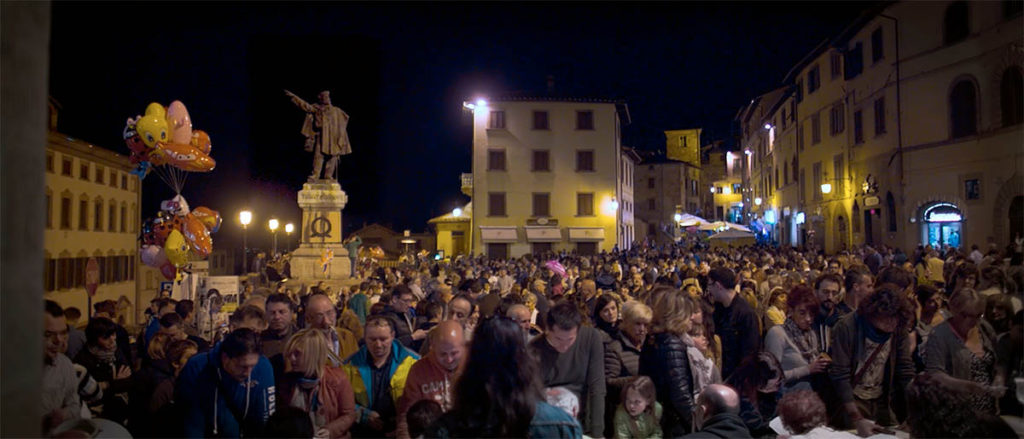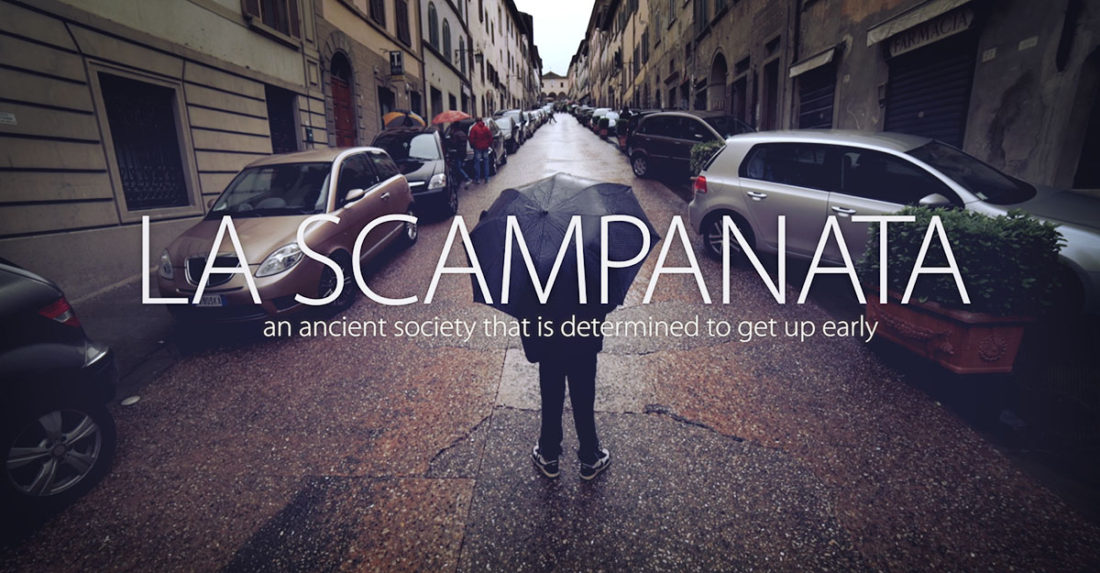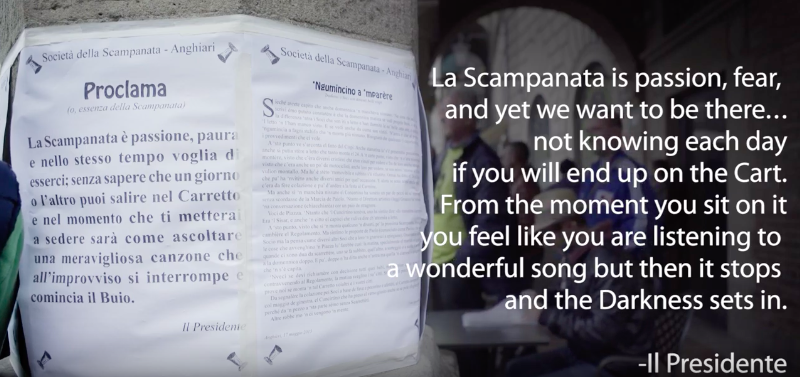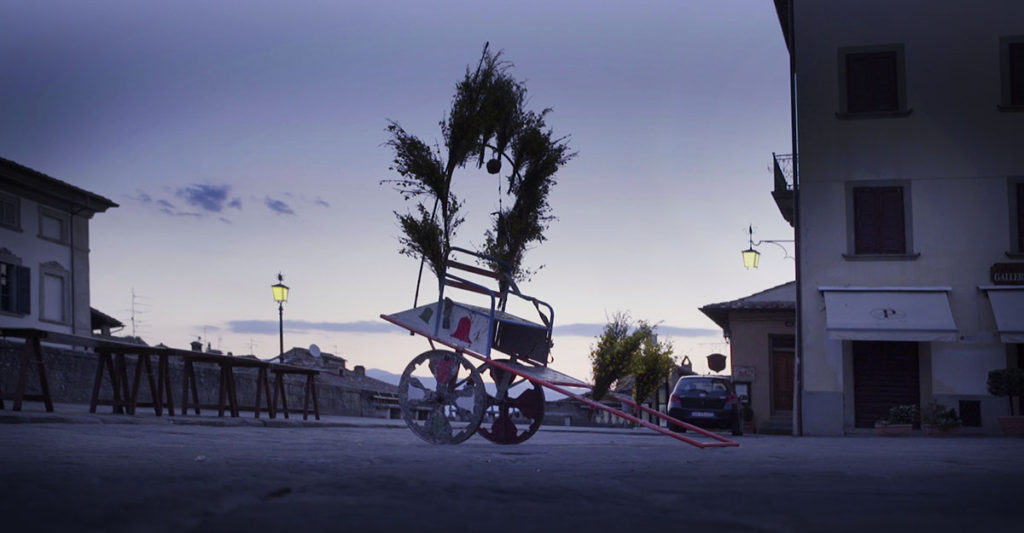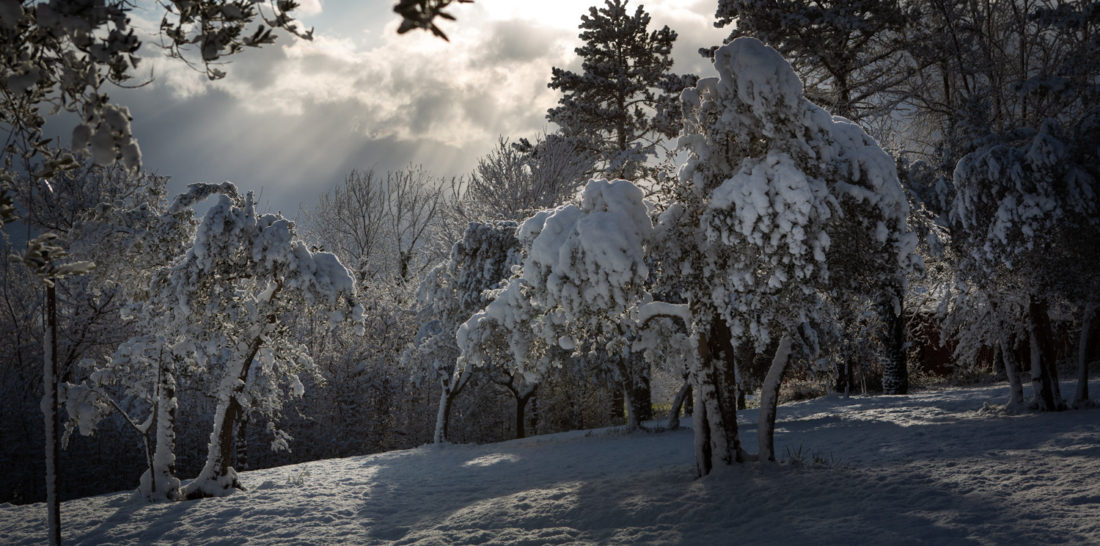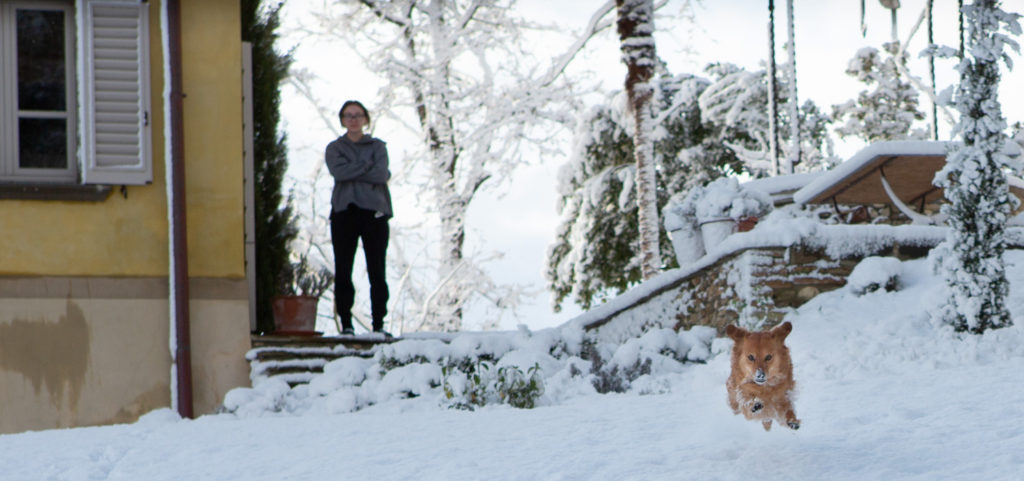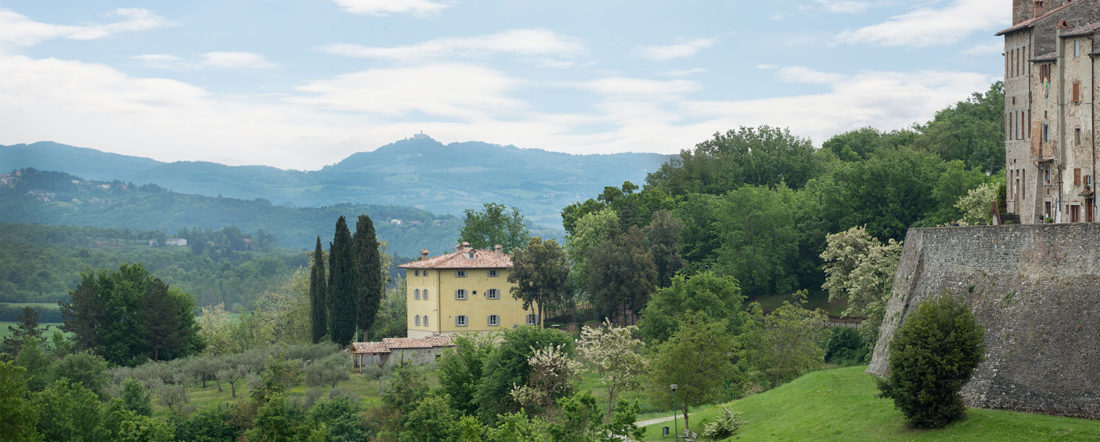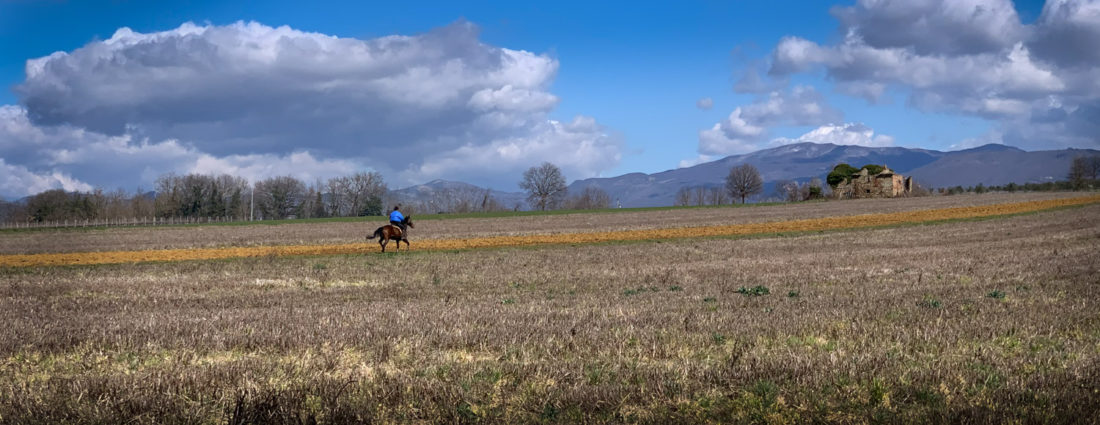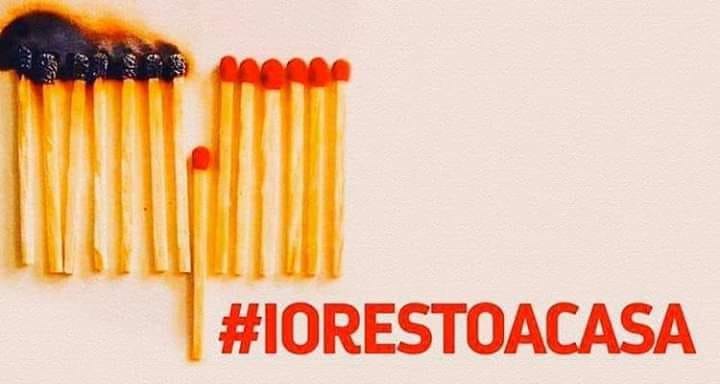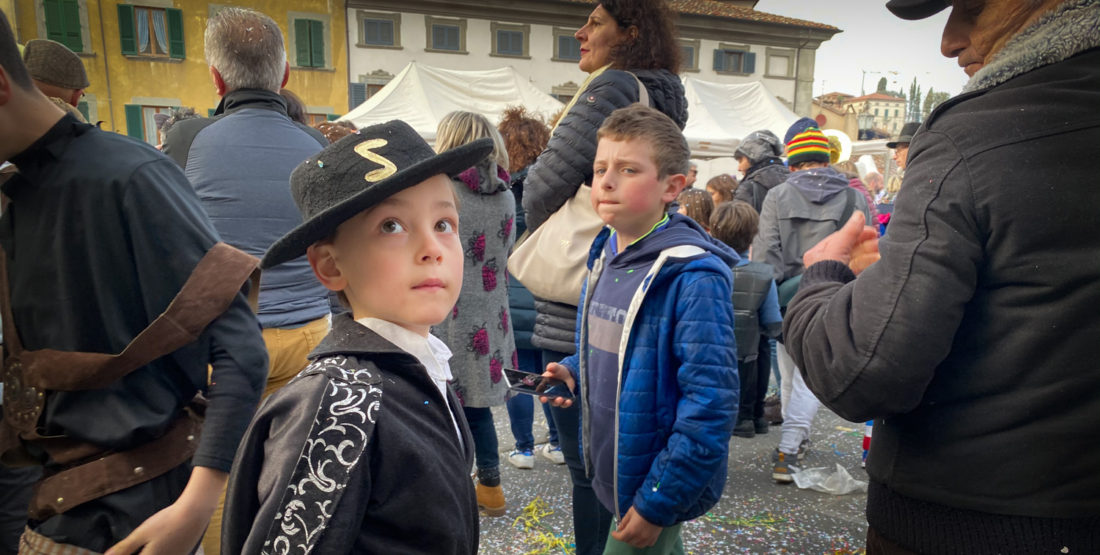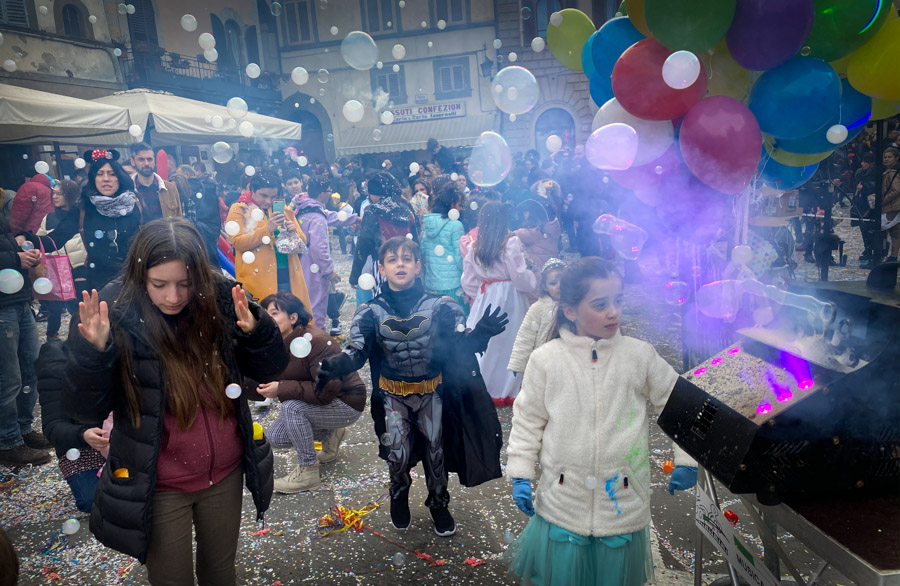After the storm: life in Italy today
Italy has provided a glimpse into the future for much of the world throughout the coronavirus crisis as we were a bit ahead of the curve. Now that restrictions have largely lifted, and the contagion rate is still falling, here’s a look at what life is like this week.
Covid-19 testing is easy, available, and cheap
My son, Sebastian, was invited to join a friend and his family to go sailing for two weeks. Before anyone could get on the boat a Covid-19 test was needed. We called our doctor, he wrote a prescription, we walked into a lab and were out in five minutes. It cost 25€ for two tests — current infection and antibodies — and we had the results in 24 hours.
Donella just flew back to the UK and left from the Florence airport which has just reopened. She was greeted by a big tent outside the entrance for departures. The first area of the tent was for disinfection — a head to toe spray for her and a complete spray of checked and carry on bags. After that she passed through another tent where you could get a blood draw to check for active Covid-19 and antibodies for 10€ and results in 20 minutes. She was delighted to have this test, got her negative results, and then walked over to check in. Everyone in the airport was wearing masks and there were very few travelers.
Track and trace is almost here
Italy has standardized on a track and trace app (unfortunately there is not a standard one across the EU which is a huge missed opportunity). It has been released in a few regions in beta and is expected to roll out nationwide in a couple of weeks. So far the beta, with little promotion, has had over 500,000 downloads (which is pretty amazing in a total population of 60 million). I downloaded it and it is simple and elegant, although not yet functional in my area of Tuscany. It sits in the background and anonymously tracks anyone you get into one meter of who has the app. If any of those people later test positive the system notifies all people they were in proximity to. All info is stored locally on your phone and complies with the strict EU data privacy standards.
Mask wearing is ubiquitous
I’ve heard of some corners of Italy where masks are not universal, but here in my corner of the world, it is rare to see a person without one. I even spot people alone in their cars wearing masks. I went to the Wednesday market in town for the first time since it restarted and everyone was masked and respecting social distancing. If there was a narrow area people would hold back waving me through first so that we wouldn’t pass by too closely. When I take my daily hike in the countryside nearly everyone is masked — and when I walk I usually only pass a person or two so not high density — and when we pass on the wide trail everyone scoots as far apart as possible, which is a distance of several meters. I saw a sign at the market yesterday asking people to leave at least a cinghiale’s length (a wild boar) between everyone.
Our village had a case
The mayor told the village yesterday that a resident of our village who was working in another region had tested positive after they had visited home for the weekend. They were asymptomatic and the routine testing had caught it. Everyone they’d interacted with had been notified, were in quarantine, and had reported negative. The mayor shared this over Facebook and the comment section was lively. The comments were overwhelmingly that we had worked so hard, and sacrificed so much, to get to where we are and this is a reminder of how now we have to double down on precautions even more as Italy opens up. That even if we are now legally allowed to do more, more freedom must be accompanied by more responsibility and vigilance. The more crotchety comments questioned whether we should allow people who had been in other regions into the village at all, and just exactly how much of an ass this person was for traveling before they had the results of their test.
Italy’s success in its response to coronavirus is also why it was hit so hard
Why has the Italian response to lockdown and reopening been so different than the US and UK, as examples? My best guess about why the numbers were so high was largely due to how early in the pandemic Italy had the virus in circulation, partially due to the close trade and manufacturing ties between China and Italy.
But it also must have to do with how integral grandparents are to the Italian culture, and how many grandparents live with family or are frequently visited by family (usually weekly). People over 70 account for 80% of deaths from Covid-19 in Italy — the average age of death is 81. Italy is second only to Japan in the percentage of people over 65 in the population, and has one of the highest life expectancies in the world (the life expectancy for Italian women is a whopping 86 years.) Because older Italians are a vital part of life, and per capita there are a lot of them around, they were much more exposed .
The response to the epidemic wasn’t perfect, as the investigation by victim’s families attests, but Wuhan and Italy served as early tests of what worked and what didn’t.
And what caused Italy to be hit so hard — connection to family, sense of campanilismo, or attachment above all to one’s own local community or literally bell tower — is also why it has been successful so far in containment. There hasn’t been the same debate as in the US or UK about personal liberty versus community good. There has been very little of the famous Italian trait of being furbo, or trying to outfox rules and regulations, but in my experience just this attitude of “Let’s do this” to protect the vulnerable and rid Italy of yet another in a long list of plagues.
Once again I am proud, and humbled, to be part of my village.


